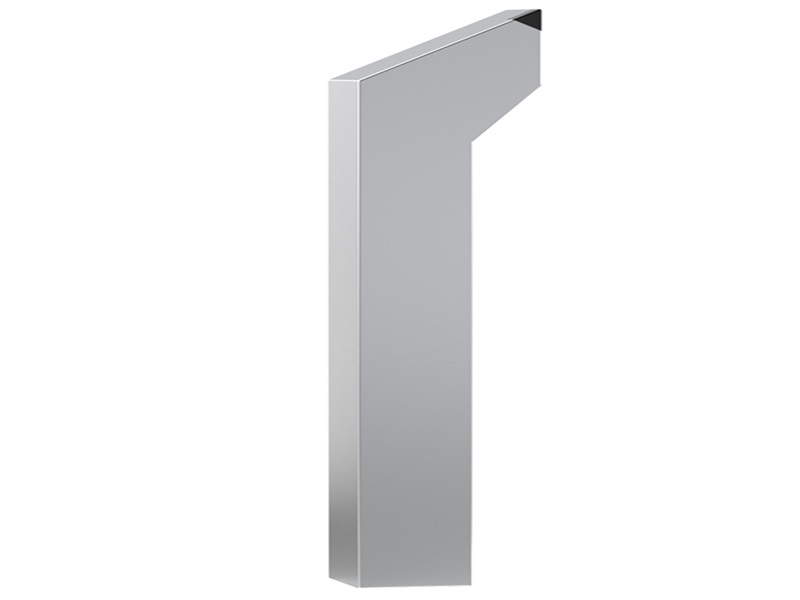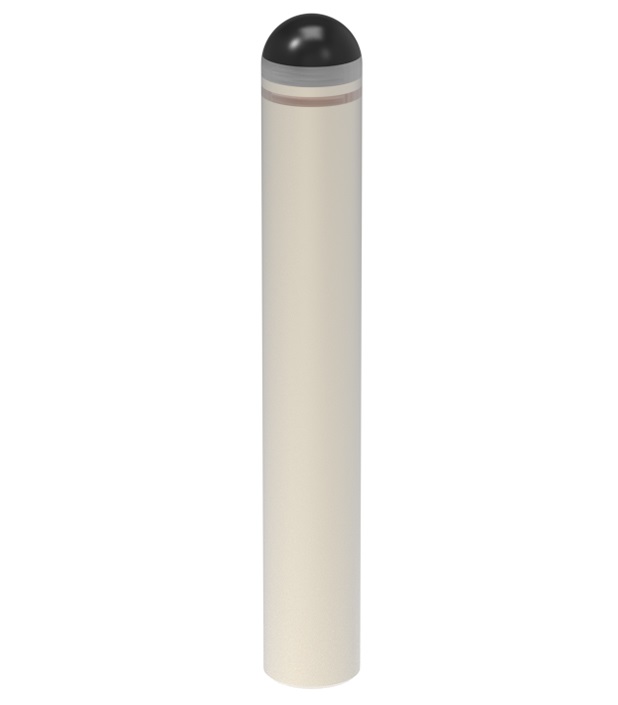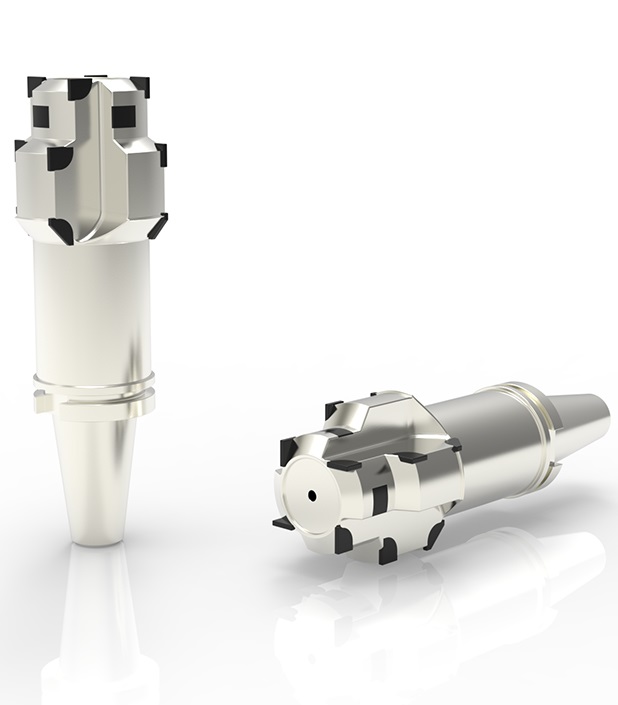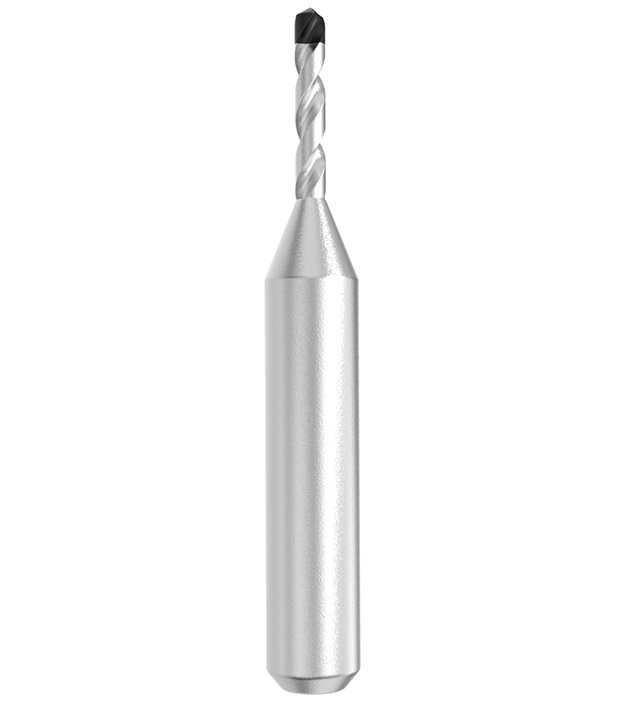When machining non-ferrous metals such as aluminum, copper, and their alloys, PCD tools (polycrystalline diamond tools) provide unmatched precision and surface quality. Their extreme hardness and wear resistance allow them to maintain cutting sharpness for long durations, reducing tool changes and ensuring consistent machining accuracy. Unlike traditional carbide tools, PCD tools minimize material deformation and produce superior surface finishes, which is particularly valuable in industries like electronics and aerospace, where tolerance and quality standards are exceptionally strict. JoyJet, as an experienced PCD tools manufacturer, integrates advanced production and inspection technologies to ensure every cutting edge meets these precision demands.

One of the main benefits of PCD tools in machining non-ferrous metals is their ability to handle high-speed cutting operations without compromising tool life. Non-ferrous metals, especially aluminum alloys used in automotive and aerospace components, often present challenges like material adhesion and built-up edge formation. PCD cutting edges effectively resist these issues due to their ultra-smooth surface, enabling efficient chip evacuation and lower cutting forces. This results in faster machining cycles and reduced energy consumption, allowing manufacturers to achieve higher productivity while maintaining low costs. By leveraging its dual role as both a tool user and PCD tools manufacturer, JoyJet designs tools optimized for real machining environments, ensuring stable performance even under demanding conditions.

The advantages of PCD tools become more evident when compared with conventional carbide tools in non-ferrous metal machining:
Feature | PCD Tools | Conventional Carbide Tools |
Tool Life | Extremely long, often 10–20 times longer | Moderate, requires frequent replacement |
Surface Finish Quality | Very high, near-mirror finishes possible | Good, but more polishing often required |
Cutting Speed | Capable of very high speeds | Limited to lower or moderate speeds |
Resistance to Built-Up Edge | Excellent resistance | Prone to adhesion in softer alloys |
Cost Efficiency Over Time | Higher initial cost but lower lifecycle cost | Lower initial cost but higher over time |
This comparison shows that while carbide tools may appear economical at first, PCD tools provide superior long-term value in applications where precision, durability, and efficiency are essential.

The role of PCD tools in non-ferrous metal machining extends across multiple high-tech industries. In automotive manufacturing, lightweight aluminum components require accurate and efficient machining for engine and body parts. In aerospace, non-ferrous alloys must be machined to the tightest tolerances to ensure safety and performance. Electronics production also relies heavily on PCD tools for precise machining of copper and other conductive materials used in connectors and housings. With its broad industry expertise, JoyJet delivers PCD solutions that match the needs of these sectors, ensuring both performance and reliability.

Beyond immediate machining results, PCD tools bring long-term benefits by reducing downtime, lowering tool inventory requirements, and minimizing the risk of dimensional errors caused by frequent tool changes. The extended life cycle of PCD tools translates into significant cost savings for manufacturers over time, even when initial investment is higher. JoyJet, through its focus on innovation and customization, ensures that its PCD solutions provide both technical superiority and practical value, empowering manufacturers to maintain competitiveness in demanding markets.